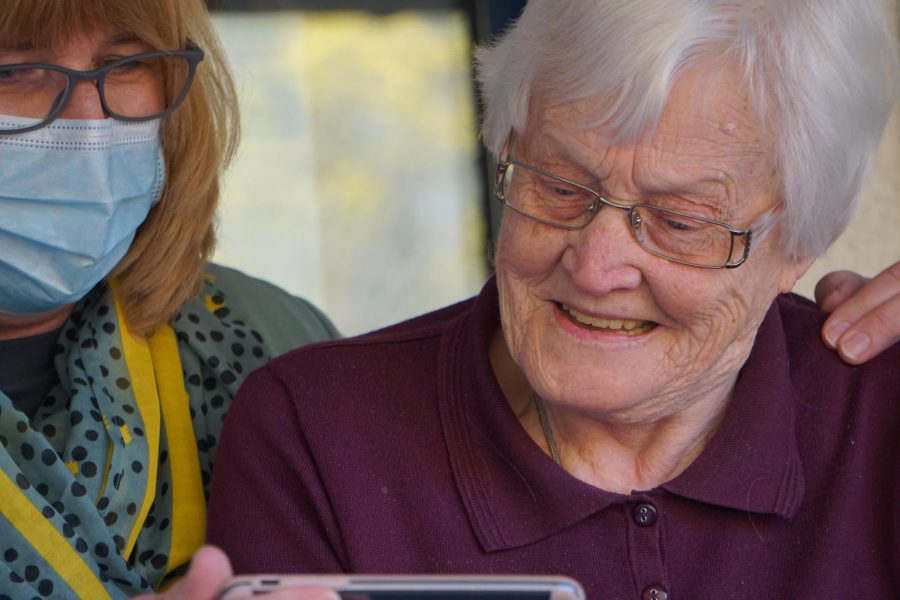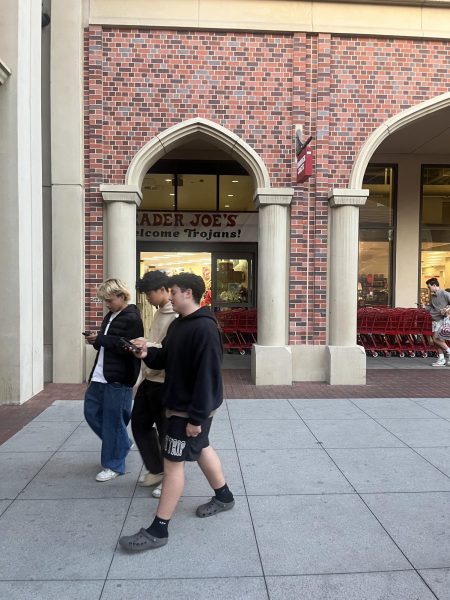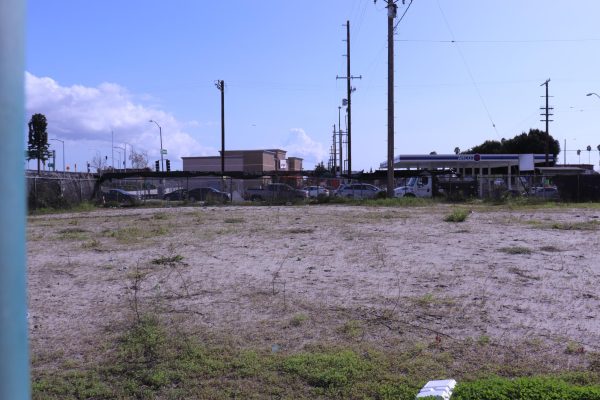Prop. 29: Kidney dialysis measure back on the ballot, and just as hotly contested
Healthcare workers have mixed feelings about California’s kidney dialysis ballot measure. Photo by Georg Arthur Pflueger, via Unsplash.
Wonder why Proposition 29 — which would beef up requirements at kidney dialysis clinics — looks so familiar?
That’s because similar measures were on the ballot twice before and both times, rejected. In 2018, 59.9% of voters rejected Prop. 8 and in 2020, 63.4% of voters rejected Prop. 23.
That means Prop. 29 is the third attempt. If it’s approved, it would require one physician, one nurse practitioner or physician assistant with at least six months of special experience to work in dialysis clinics while patients are being treated; increase reporting requirements for the clinics; and require that patients with various sources of payments such as Medicare, Medicaid and Medi-Cal.
The measure would also require kidney dialysis clinics to provide the California Department of Public Health a list of patients and a list of physicians from clinics — and get the agency’s written permission before closing or reducing services to patients, according to the text of the measure.
Dialysis is a treatment that removes unneeded or harmful waste, fluids and chemicals from someone’s bloodstream and is needed when a patient’s kidneys lose most of their function, according to the Cleveland Clinic’s website.
Prop. 29 is a hotly contested measure, with supporters raising more than $7.9 million and opponents raising over $36 million, according to Ballotpedia.
Supporters such as major unions say there is not enough medical staff at the centers and the corporations that run them are making billions of dollars — without providing the needed staff and support. They say it’s safer for patients to have a doctor, nurse practitioner, or physician’s assistant at the clinic, especially because the process of treatment takes a long time and can be draining on both patients and staff.
“I would feel more secure knowing doctors are at the clinic treating patients,” said Kenneth Castro, a Cal State LA student who lives near a nursing care center in Glendale. He said he’s leaning toward supporting it.
Opponents such as groups that represent businesses, taxpayers and healthcare providers — such as the American Academy of Nephrology PAs, the California Chamber of Commerce, the California Medical Association, California Taxpayer Protection Committee and National Hispanic Medical Association — say the measure is a waste of money and resources.
Some believe dialysis patients should go to hospitals instead of dialysis centers.
What’s more, they argue, the patients might then go to emergency rooms, and overcrowding of ERs isn’t good for patients or those who foot pricey ER bills for people without insurance. Some opponents argue clinics are already well-staffed and the additional funding required to beef up staffing could cause the clinics to shut down, leading patients to lose a service provider.
That’s primarily why Adrian Bizarro, a Cal State LA student who lives in Los Angeles, said he is somewhat opposed: “The clinics shutting down would be bad for kidney dialysis patients.”
German Martinez, a Cal State La student from San Bernardino, said he’s undecided on the measure but added that his family relies on medical clinics — outside of regular hospitals — because they provide additional medical care at a lower cost and with less bureaucracy, so he can understand why having them well-staffed would help people like him.
Martinez added, “I don’t have healthcare and we try to stay healthy as much as possible. If we have to go to the hospital then we pay out of pocket.”











